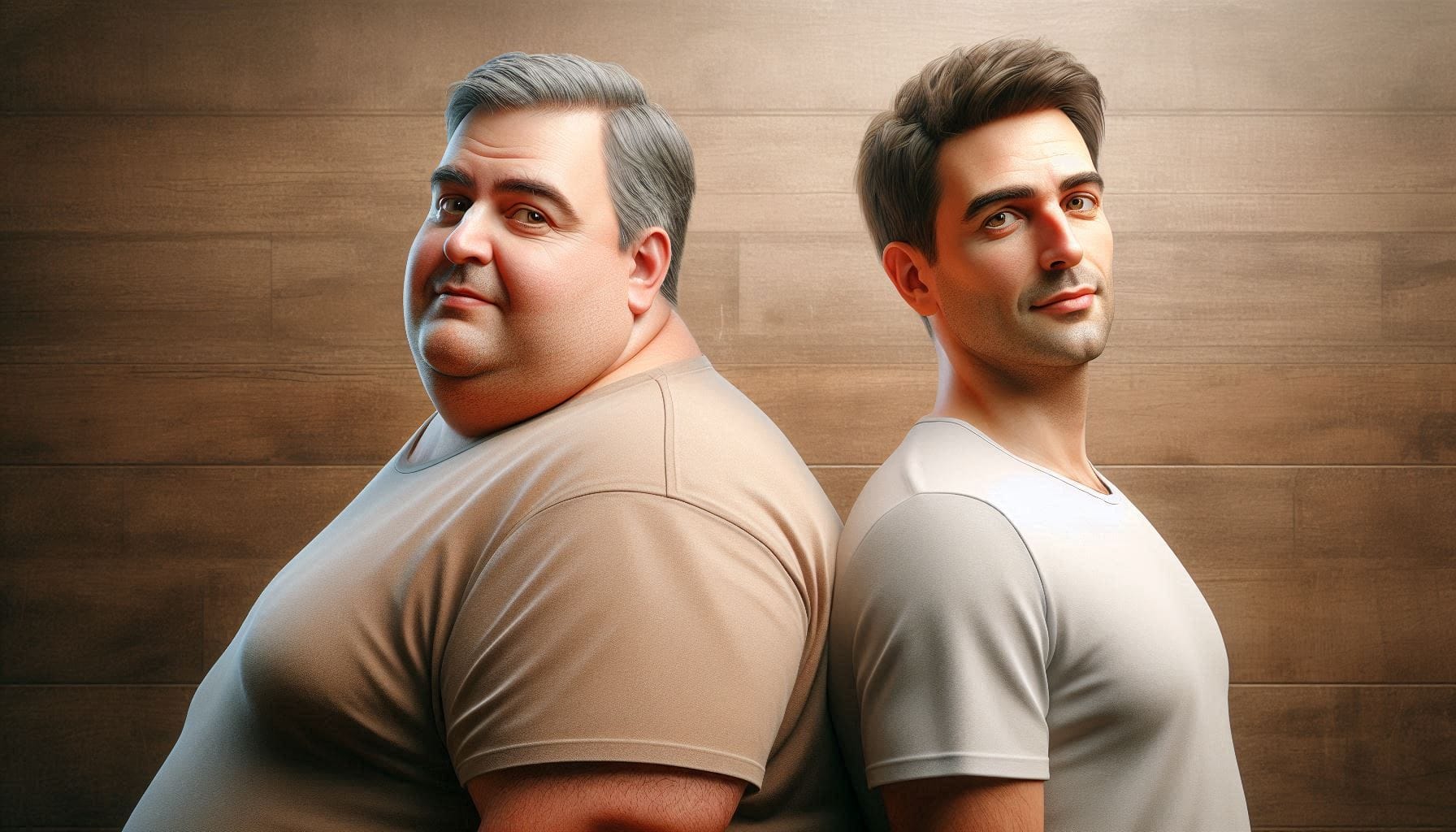My Yo-Yo Days

Admitting My Food Addiction
This part of my story spans over 30 years. It took me a long time to admit that I had a food addiction.
While all addictions are complicated, food addiction is even more so because we can’t simply eliminate the source. With other addictions, you can cut out alcohol, drugs, or cigarettes—but we need food to survive.
I’ve often described myself as having an addictive personality. Whether it was hobbies or interests, I would dive headfirst into them, sometimes to the point of obsession. Food was no different. My passion for cooking started when I bought a Peanuts Cookbook at a school book fair, and it’s been with me ever since. Over the years, I collected cookbooks, cooking gadgets, and cookware, constantly experimenting in the kitchen.
Of course, if I cooked it, I had to taste it—and more often than not, consume it.
When life got busy, cooking gave way to fast food, processed snacks, and sugary treats. I developed a particular addiction to Reese’s Peanut Butter Cups. I’d buy a large bag and consume it in one sitting. I even remember feeling the thick mixture of chocolate and peanut butter at the top of my throat. That was just one of many indulgences, but it became my go-to binge food.
The Yo-Yo Years
Looking back, I recognize that food was my way of coping with stress and frustration. Whether it was feeling frustrated with my own weight, work, or even close relationships, food became my escape. On the flip side, there were also moments that motivated me to lose weight. In 1994, I went skydiving while weighing 265 pounds—almost too heavy for their equipment. They debated whether to even let me jump. I fell in love with the sport, and it sparked my drive to lose 80 pounds in the following six months. Of course, I didn’t stick with it long-term, and the reality of being an obese skydiver presented some serious risks.
The Cycle of Weight Gain and Loss
Throughout these years, I found myself relying on willpower alone to drop pounds. I also had some success with Weight Watchers, where the combination of diet plans and support from the group really worked for me—until a leader singled me out for always winning the weekly weight-loss contest. She pointed out that I was a man, and men lose weight more easily than women, which discouraged me from continuing. That experience, along with other setbacks, led me to fall back into old habits.
Support from others during this time was rare. It was hard to find someone at the same point in their own struggle or someone who went out of their way to support me. My college friend, however, was a major exception. After she had bariatric surgery herself, she did everything she could to encourage me to explore it. She introduced me to her surgeon and provided me with invaluable guidance. Her surgeon had a fantastic pre-surgery plan, which included not only medical preparation but a bariatric support group. This group was full of people who were either successfully managing their weight or in the same place in their journey as I was, which provided the support system I’d always lacked.
The Decision to Undergo Bariatric Surgery
Before meeting my friend that evening, I had never really heard of bariatric surgery. Her excitement was infectious, and she filled me in on everything I needed to know about the procedure. Her enthusiasm sparked my curiosity, and true to my nature, I dove headfirst into researching every aspect of it.
On January 12, 2012, I underwent bariatric weight-loss surgery. In the next post, I’ll share more about the process of deciding which specific surgery to choose, the challenges I faced, and how it changed the course of my life.


